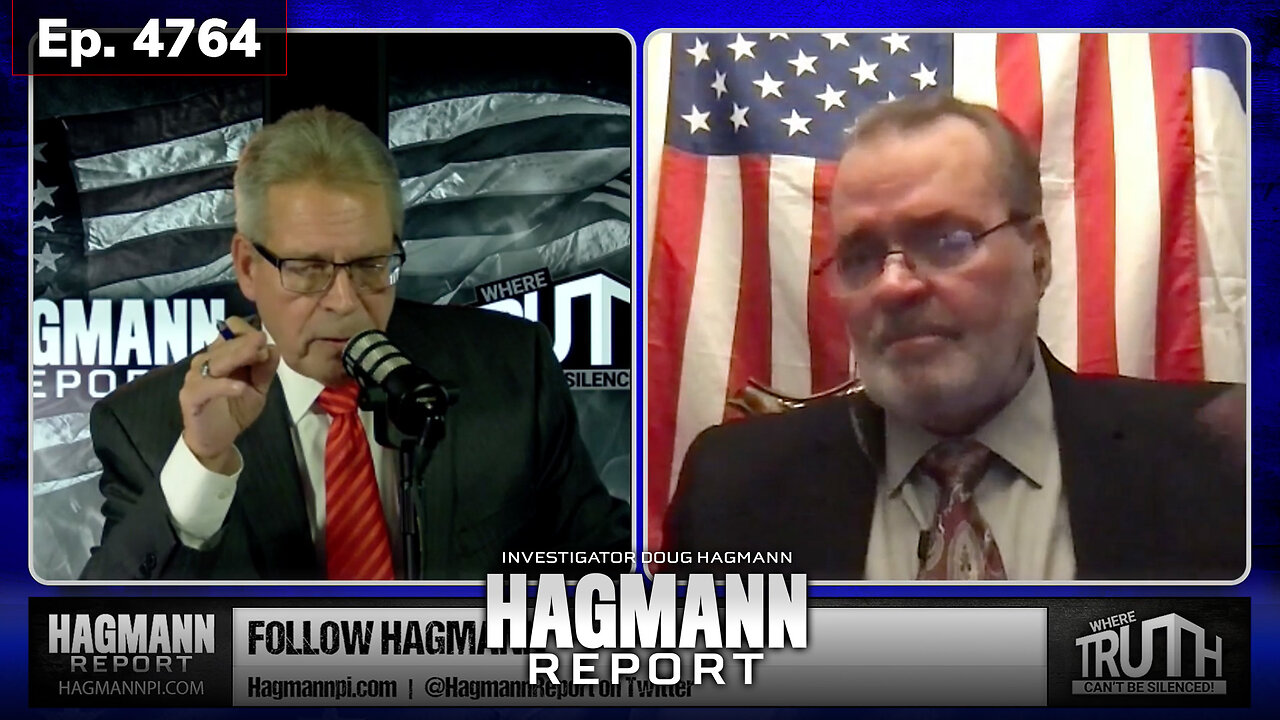
By Douglas J. Hagmann
It is no secret that I am pro-law enforcement. Some of my best friends are law enforcement officers who work in local, state, and federal agencies. On my wedding day in 1991, I lost a friend who was a police officer in Houston, Texas, when he pulled over a car and was subsequently shot during the course of a traffic stop.
I also lost a friend and several acquaintances, all law enforcement officers, in the 2001 attack on America by Islamic terrorists. Their job is among the most dangerous, especially in today’s environment.
Within the last month, however, I personally found myself at odds with law enforcement while traveling by car close to the U.S. border with Canada. I was within 5 miles of our northern border in the state of New York, yet well inside the U.S. with no intention of crossing the border. In fact, I could not even see the border and was not in close proximity to any border crossing point. Nonetheless, I encountered what could be best described as a U.S. Border Patrol checkpoint.
Although I personally was not subjected to any searches and the questions asked of me were relatively non-invasive, at least one or two other motorists appeared to have hit a “speed bump” on the road called homeland security. They were pulled aside, and one of the federal officers appeared to be holding or looking at a cell phone or small camera. The license plates on both vehicles I observed being subjected to a secondary search were of U.S. origin.
Due to schedule issues, I was unable to perform any on-site inquiries about the apparent “mobile checkpoint,” although I contacted a law enforcement source later that day who verified that it was a “rolling checkpoint” that was being conducted by the U.S. Border Patrol. What greatly disturbed me, however, was what I learned later about the activities taking place at the makeshift “secondary” inspection location. This is where the two motorists were pulled aside, and one agent appeared to be inspecting an electronic device from one of the vehicles.
I was surprised to learn that federal agents, specifically those with the U.S. Border Patrol, have the right to inspect an individual’s cell phone (including call history, text messages and photographs), computers, cameras and even GPS units without needing reasonable cause or suspicion. Furthermore, that “right” extends up to 100 miles inland from our north and south borders.






